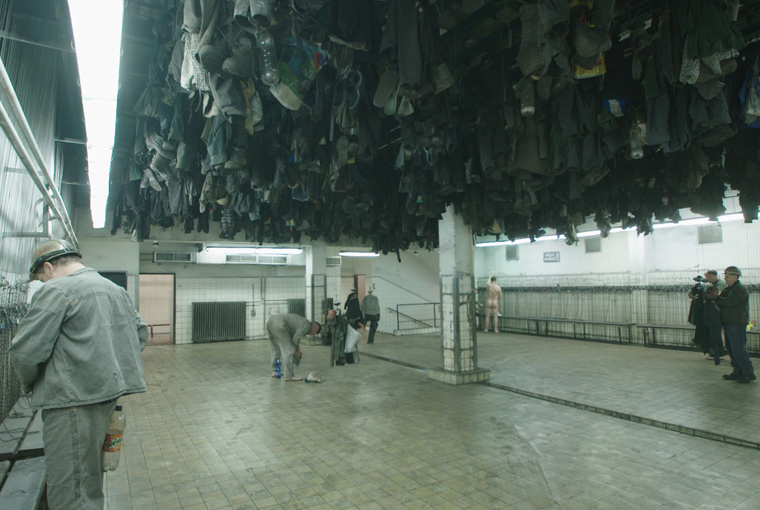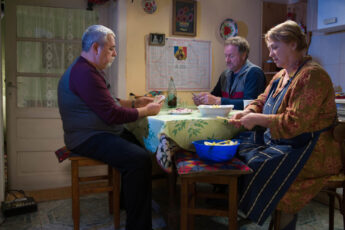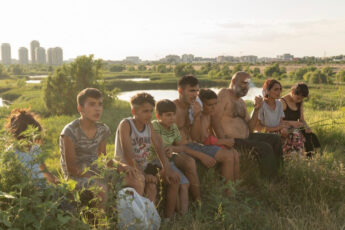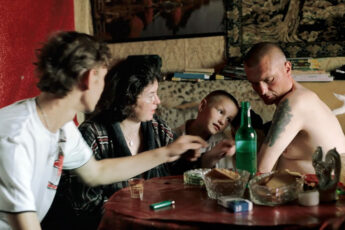
When we founded the East European Film Bulletin in January 2011, we had one question in mind: where is cinema? At the time, the Romanian New Wave was already in full swing, while countries such as the Czech Republic and Poland had established a large film infrastructure. A region whose cinematic output had collapsed post-1989 was reemerging, in some cases stronger than ever before. But a platform for serious, English-speaking criticism was still lacking, and so we took it on ourselves to fill the void. If the cinemas of Central, Eastern and South-Eastern Europe were rising from the ashes, it was time to reflect on their aesthetics, their politics, and on the socio-economic conditions of their reemergence. As Alexis Tioseco had done in relation to Southeast Asian Cinema before us, we wanted to shed light on a region that was not only underrepresented, but still perceived through outdated cultural paradigms.
In 2021, as we mark our 10-year-anniversary, the region’s standing in world cinema has stabilized. Many cities across the world (normally) host events dedicated to the cinemas from the region, and major film festivals now routinely feature select films from across the region. Still, the question where cinema is remains an elusive one. If the move away from Western-centrism within and without Europe has proven important, it bears new risks of its own. Notoriously, each counter-canon is itself a canon, as is proven by the monopolistic power of national film institutions across Central, Eastern and South-Eastern Europe. This is true even of Romania, the poster-boy of critically acclaimed cinema: its national film fund has repeatedly been criticized for corruption and its excessive reliance on non-aesthetic criteria such as awards and festival participation. And so the greater integration of Eastern cinemas into the Western film circuit has produced a whole infrastructure of films currying favor with the West’s aesthetic and institutional dogmas. This has created a highly popular genre of arthouse cinema that pretends to be authentic but is in truth intended for the Western viewer.
Where does this leave our job as the East European Film Bulletin? We will still be critically reflecting on the cinemas of the region in the decade to come. But as the cinemas of the region edge closer to the center of institutionalized cinema, we will have to push further outwards where independent, experimental and unadapted filmmaking takes place. We see it as our job to counterbalance and counteract the entrenchment of the region’s cinemas in the pantheon of Western cinema, where it is bound to become conformist and uncritical of contemporary aesthetics and politics. In today’s world, cinematic culture cannot afford to be well-adjusted.
***
With our January issue, we begin our circle of regional focuses anew, which has us return to Romania (our very first regional focus in 2011). To launch our Romanian year, we’ve looked at two recent films that each look at the way societal changes impact local communities. Unfortunately, they do so without worrying about the contextualizing this would require. Marian Crişan’s The Campain polemizes local politics far removed from the centers of political decisionmaking. And Radu Ciorniciuc dramatizes the eviction of a family from what is to become a natural park without properly addressing what drove them out in the first place. Both films screened at the Trieste film festival, which took place online and where Antonis Lagarias also saw Siamak Etemadi’s Pari. Pari is about a woman finding her own identity while looking for her son.
Our January issue also features Zoe Aiano’s coverage of the DOK Leipzig film festival, which took place last fall. Daria Slyusarenko’s Joy portrays life behind the scenes of a traveling circus. In Roman’s Childhood, Linas Mikuta portrays the hardships and happiness of a destitute family in the face of capitalism. Finally, Jindřich Andrš’s A New Shift addresses the systemic question what the hopes are for reintegrating manual workers in a post-industrial world.
We hope you enjoy our reads.
Konstanty Kuzma & Moritz Pfeifer
Editors




Leave a Comment